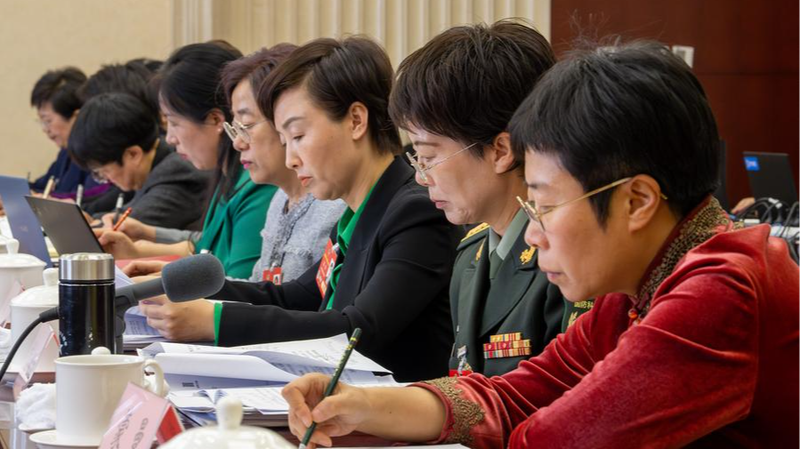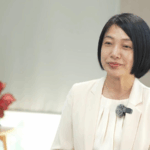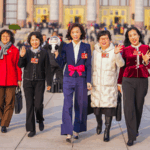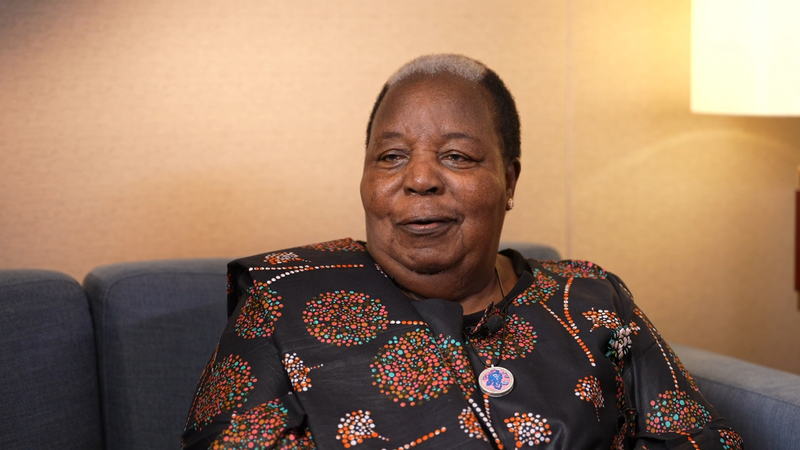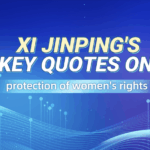A routine coding challenge turned into a groundbreaking moment for CGTN journalist Liu Yitong, who recently described an extraordinary experience: a conversation with her “future self.” The surreal encounter, shared in a documentary-style report, explored themes of gender equality in tech and became a rallying cry for women across Asia.
A Dialogue Across Time
During the project, Liu confronted societal norms that often deter women from pursuing coding careers. “My future self didn’t just showcase technical expertise—she radiated confidence,” Liu recounted. The symbolic exchange highlighted systemic barriers while envisioning a tech landscape where women thrive as innovators.
Sparkling Conversations in Asia’s Tech Sector
The story has ignited discussions among educators and industry leaders. “These narratives matter,” said a Shanghai-based AI researcher. “When young women see role models tackling complex fields, it reshapes aspirations.” Data shows female representation in Asia’s tech workforce remains below 30%, but initiatives like Girls Who Code Southeast Asia report rising enrollment.
Cultural Shifts and Economic Impacts
Experts argue closing the gender gap could unlock $12 trillion in global economic growth by 2030. For diaspora communities, Liu’s journey resonates deeply. “It mirrors my struggle to balance tradition with ambition,” shared Priya Kumar, an Indian-origin developer in Singapore.
As night markets in Taipei display coding workshops and Hanoi startups launch female-led incubators, Liu’s “future self” metaphor becomes a beacon—proving that reimagining identity might just be the key to unlocking Asia’s tech potential.
Reference(s):
Future self: Breaking gender stereotypes, empowering women in coding
cgtn.com

